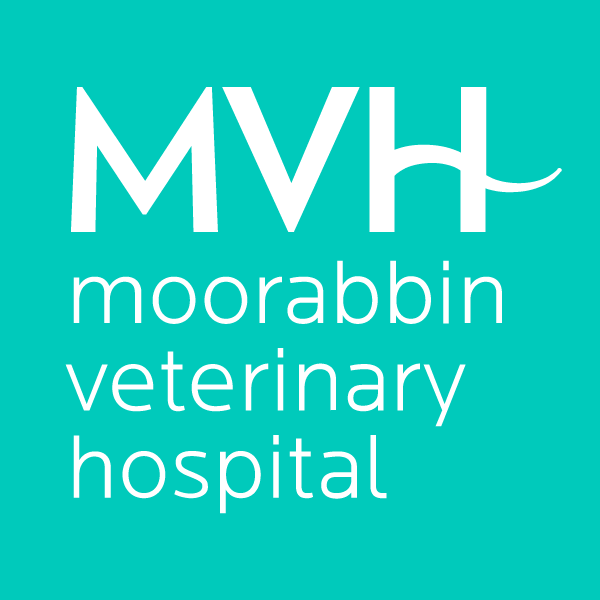Planning on relocating overseas and don’t want to leave your best friend behind? Travelling with pets requires some foresight, but with the right preparation, taking pets overseas from Australia is possible. Moorabbin Vet can guide you through the proper process for meeting your destination country’s laws on importing companion animals, minimising stress for you and your pet during this transition.
Dr John Ley has extensive experience in preparing cats and dogs for travel to overseas countries. Dr Ley is highly competent in the use of the Manual of Importing Country Requirements (MICOR), which sets out the known procedures that Australians must comply with when arranging pet travel into a given country. He also has specialised knowledge of Australia’s animal export legislation as it applies to traveling with cats and dogs.
International pet travel requirements may include:
- Pet Travel Vaccinations (including rabies vaccine – scroll down for info on how this is involved in returning a pet to Australia after international travel)
- Microchips (ISO chips – 15 digits)
- Blood Tests
- Parasite Treatments
- Final Veterinary Inspections (required by all importing countries)
More information
For more information on international pet transport, contact our reception by calling 03 9555 4808 or email reception@moorabbinvet.com.au, and inform them of your needs.
In particular, let us know:
- The destination of your pet
- The type of animal (cat or dog)
- Your date of departure
Staff will then organise an appointment with Dr John Ley.
Animals Returning to Australia
Overseas holidays with dogs are possible, but require some planning.
When taking your pet overseas with the possibility of it returning to Australia, it is imperative to consider the fact that an animal immediately loses its Australian health status upon leaving the country. This means that, should you decide to bring your pet back into the country at short notice, you may be required to have your pet quarantined for up to 6 months. If some preliminary testing is done ahead of time, the quarantine period can be reduced to as little as 10 days.
The Department of Agriculture website has a step-by-step guide on bringing your pet back into Australia, as well as a pre-export preparation calculator.
If your pet visits a Group 3 Country or non-approved country and is likely to return to Australia within two years, it is recommended that they receive a rabies vaccination, then have a RNATT blood test done 30 days later. An acceptable RNATT test result (0.5IU/ml or more) is valid for 24 months from the date the blood was drawn. If this test is done before leaving Australia, your pet will immediately qualify for the minimum quarantine period (10 days) upon their return. The vaccine used at Moorabbin Veterinary Hospital provides immunity for 3 years.
Note that you will need to keep up valid rabies vaccinations and RNATT test results for the duration of time spent overseas if you want the option to return your animal to Australia at short notice. Failure to do this will result in a mandatory waiting period of 180 days following the RNATT test.
Department of Agriculture
For the up-to-date information on travelling with companion animals, please visit the Department of Agriculture website or contact their Melbourne office directly:
Address: 1st floor, 255 Melrose Drive, Tullamarine, VIC 3043 (hours: Mon-Fri, 8.30am to 12.30pm)
Phone: 03 8308 5072 / 03 8308 5076 / 03 8308 5077
Email: seanimal@agriculture.gov.au

